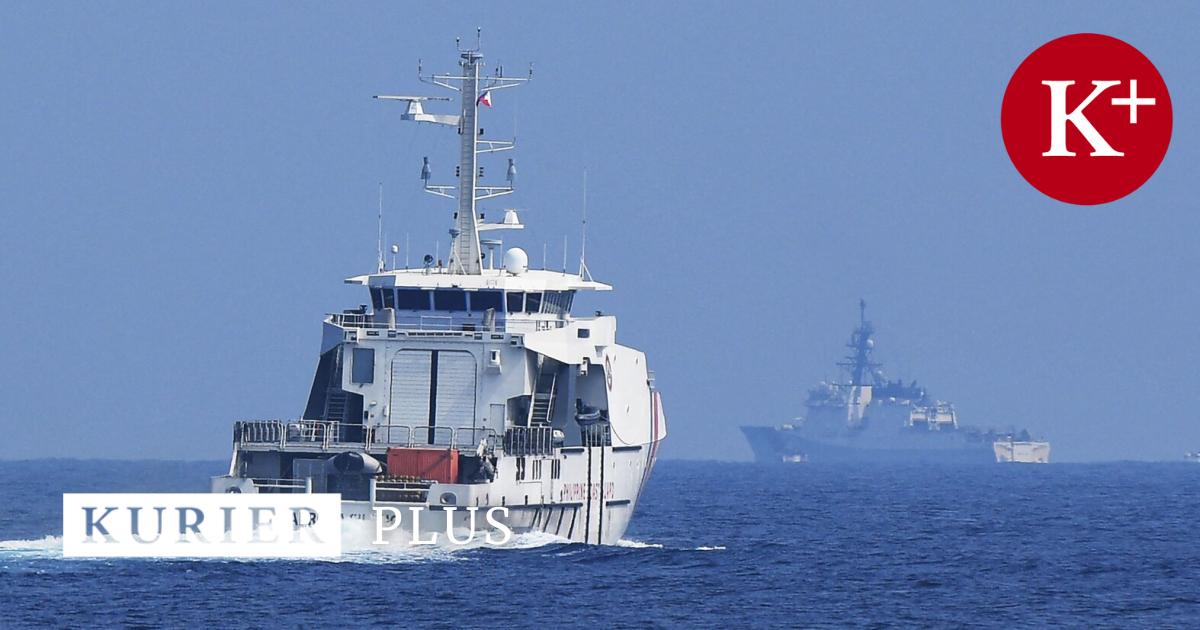The extensive military exercises, in which Japanese and European soldiers will also take part as observers, are now the first consequence of this agreement. According to Marcos, in the future “the whole dynamic that we see in Southeast Asia, in Asia, in the South China Sea” is likely to change.
Fierce war of words between Beijing and Manila
Of course, in Beijing you see things differently. The Philippine government should be “sober enough” to recognize that the exercises would have a “destructive effect on the regional security situation,” a Chinese Foreign Ministry spokeswoman said on Wednesday. And he addressed sharp words to the island state: “Attempts to involve external forces in order to ensure so-called security will only bring more uncertainty.”
The Philippine Foreign Ministry shot back just as sharply: “The origins of our tensions are known to the whole world,” said a released statement. “It is China’s exaggerated claims to vast maritime areas, aggressive behavior in international waters and construction of military bases that are putting peace in the region at risk.”
There are huge concerns in Washington about escalation
It is true that China’s People’s Liberation Army is creating artificial islands in the South China Sea to build military bases on and claim the surrounding waters. Satellite photos have proven this for years. That’s why the Philippine and US navies will be extensively rehearsing storming fortified islands over the next three weeks – to show the generals in Beijing what they’re capable of.
In Washington, the war of words between the Chinese and Philippine governments will still be followed with concern. What is current is what two high-ranking employees of the US Department of Defense recently reported to the magazine Politiconowhere else is the risk of military escalation between China and a US ally as great as in the South China Sea.
The hope is that China will desist from its attacks on Philippine ships in light of the increased US military presence on the ground. But the first joint patrol by the US, Japanese and Philippine navies immediately after the three-party summit in the White House had the opposite result: China sent significantly more ships than before into the disputed area and increased its patrols.
